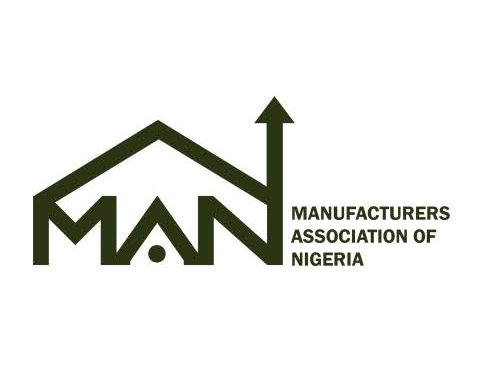Manufacturers across Nigeria have voiced deep concern over the worsening business environment, saying that despite ongoing economic reforms, the industrial sector continues to struggle with crippling energy costs, limited access to credit, and infrastructure deficiencies.
Through the Manufacturers Association of Nigeria (MAN), industry players highlighted these persistent challenges, warning that they are undermining competitiveness and threatening the survival of local industries.
They called on the government to align its policies more deliberately with the “Nigeria First” economic agenda to protect domestic manufacturing and stimulate sustainable growth.
Speaking at the opening ceremony of the 53rd Annual General Meeting (AGM) of MAN in Lagos, the Association’s President, Francis Meshioye, painted a sobering picture of the sector’s performance.
He noted that energy costs remain astronomically high, while manufacturers continue to face logistics and transportation bottlenecks, as well as rising interest rates that limit access to long-term financing.
Citing data from the National Bureau of Statistics (NBS), Meshioye observed that the manufacturing sector’s share of GDP has fallen from 27.6 percent in the 2010 base year to 21 percent in the rebased structure.
“The sector’s average five-year performance remains negative at -0.76 percent between 2019 and 2024, while sectors like services and agriculture expanded,” he said.
Meshioye emphasized the need for deliberate industrial policy actions that prioritize the manufacturing sector as a key driver of job creation, economic diversification, and national development.
He also urged the government to address energy sector inefficiencies, improve access to finance, and revamp transport infrastructure to unlock the sector’s potential and enhance Nigeria’s global competitiveness.















